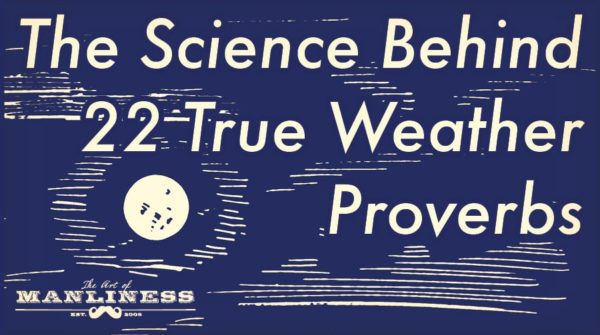
Breaking News
 Tuesday War Room LIVE: Trump Set to Shatter Deportation Record by End of First Year…
Tuesday War Room LIVE: Trump Set to Shatter Deportation Record by End of First Year…
 Parallel Polis Reborn: Freeing the Market through Decentralized Technologies
Parallel Polis Reborn: Freeing the Market through Decentralized Technologies
 Amazon goes nuclear with new modular reactor plant
Amazon goes nuclear with new modular reactor plant
 The alarming reality EXPOSED by the global internet meltdown... and why Amazon's crash...
The alarming reality EXPOSED by the global internet meltdown... and why Amazon's crash...
Top Tech News
 3D Printed Aluminum Alloy Sets Strength Record on Path to Lighter Aircraft Systems
3D Printed Aluminum Alloy Sets Strength Record on Path to Lighter Aircraft Systems
 Big Brother just got an upgrade.
Big Brother just got an upgrade.
SEMI-NEWS/SEMI-SATIRE: October 12, 2025 Edition
 Stem Cell Breakthrough for People with Parkinson's
Stem Cell Breakthrough for People with Parkinson's
 Linux Will Work For You. Time to Dump Windows 10. And Don't Bother with Windows 11
Linux Will Work For You. Time to Dump Windows 10. And Don't Bother with Windows 11
 XAI Using $18 Billion to Get 300,000 More Nvidia B200 Chips
XAI Using $18 Billion to Get 300,000 More Nvidia B200 Chips
 Immortal Monkeys? Not Quite, But Scientists Just Reversed Aging With 'Super' Stem Cells
Immortal Monkeys? Not Quite, But Scientists Just Reversed Aging With 'Super' Stem Cells
 ICE To Buy Tool That Tracks Locations Of Hundreds Of Millions Of Phones Every Day
ICE To Buy Tool That Tracks Locations Of Hundreds Of Millions Of Phones Every Day
 Yixiang 16kWh Battery For $1,920!? New Design!
Yixiang 16kWh Battery For $1,920!? New Design!
 Find a COMPATIBLE Linux Computer for $200+: Roadmap to Linux. Part 1
Find a COMPATIBLE Linux Computer for $200+: Roadmap to Linux. Part 1
22 Old Weather Proverbs That Are Actually True

Today, we have meteorologists and entire government agencies dedicated to predicting the weather with high-tech computers and algorithms, but a hundred and two-hundred years ago (and more!), folks had to rely mostly on observation and rudimentary tools to predict the weather of the coming days.
To help with this task of predicting the weather, farmers, sailors, and amateur meteorologists of all kinds came up with handy, often rhyming proverbs that could guide their observations. They realized that animal behavior, wind direction, air pressure (which could be measured with a barometer), etc., were pretty accurate indicators of how the weather would behave.
Perhaps surprisingly, most of this handed-down "folk wisdom" is really quite accurate, and has a lot of science behind it; weather proverbs of old can be applied today just as well as they were centuries ago. Rather than relying on your local meteorologist or your smartphone app to tell you what to wear for the day, why not work on your powers of observation and come to understand more about the weather and the natural world around you?



